How did you first get involved with Buddhist Tzu Chi Foundation?
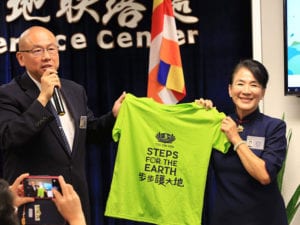
In the summer of 1999, I joined the Foundation as a volunteer. At that time, I was a molecular biologist focusing on genetics and was doing my postdoctoral research at The Salk Institute for Biological Studies in San Diego. However, I was getting more involved into the charitable programs of the foundation and saw the impact on the lives of others, including myself. In 2004 I decided to give up my academic science career and joined the organization a full-time staff member.
That’s a dramatic shift. What did you see that made you want to change direction and fully commit to the work of Tzu Chi Foundation?
I saw the pain and suffering of people. I realized that our life is actually pretty short, and we don’t really own our life. We only have time and even in that, we don’t know how long we get to utilize it. That’s what the founder, our Master Cheng Yen, tells us all the time, ‘You don’t own your life, but you have the right to use.” I realized the meaning of my life and knew that I wanted to do something different.
Can you share the story of Master Cheng Yen’s founding of Buddhist Tzu Chi Foundation?
It started about 50 years ago on the small island of Taiwan. Back then economic situation was quite bad there. There were a lot of problems; poverty, hunger and numerous numbers of deaths as a result of simple lack of qualified medical services and, sometimes, no means of transportation to receive medical care.
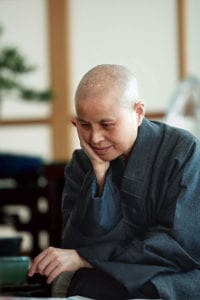
Master Cheng Yen was moved by pain and misery she saw. Together with 30 housewives she started saving money to help them. She told her followers: “Let’s save two pennies a day. Let’s save that little money from our grocery money. Let’s do it every day, and let’s try to find more people to join us. Then all the money collectively we can do something, we can save people’s lives.” Maybe two pennies are not enough, but a lot of people’s two pennies come together, and that is a great power. This kind of power has been transforming the lives of people for at least 50 years, and now the organization has nearly 10 million supporters and donors all over the world.
How does the Buddhist tradition inform the way the organization operates, its strategy and programs?
First of all, the name, the Buddhist Tzu Chi Foundation, has a special meaning. In Mandarin Chinese, “tzu” actually means compassion, and “chi” means relief. It seems very clear of what we have been doing so far. I would also add that Tzu Chi Foundation is a faith-based organization, and our philosophy is based on Buddhism, but you don’t need to be a Buddhist to be involved. We have volunteers from all different backgrounds and beliefs. They are Catholic, Christian, Muslim, whatever. Moreover, you don’t need to be a Buddhist to be a beneficiary of the services.
This is compassion in action: you have to take action to understand the true meaning behind what we are doing.
One of the most important things that the Master has been teaching us is unconditional love. Everyone, from staff to volunteers, are not just looking for an opportunity to give, we all want to cultivate ourselves. Kindness, compassion, joy and giving are four fundamental Buddhist teachings that we have been practicing for a long time.
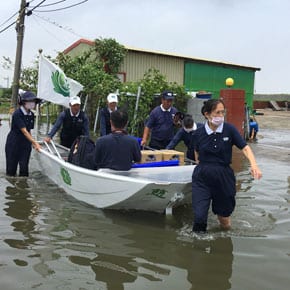
It’s important to add that our Master consistently teaches us the importance of action. If you don’t do anything, nothing will happen. This is compassion in action: you have to take action to understand the true meaning behind what we are doing.
What do you see as the role the organization has in responding to climate crisis?
One of the most important mission tasks of our organization is to provide disaster relief in order to help those in need in the United States and internationally. We have been doing this now for many years. And the way we do it is through direct engagement with survivors or victims of disasters. We try to do this for two reasons. Firstly, we know that the funds would go to the right place and to the right person. Secondly, our volunteers have an opportunity to interact with beneficiaries and learn the importance of presence and life at this moment.
Earlier this year the Tzu Chi Foundation organized the first annual Tzu Chi Steps for the Earth. These two charity events, one in Los Angeles and another in New York welcomed people of all walks of life in support of international disaster relief and to build awareness of climate action.
Is there anything else that you want to share with people who are just hearing about the Buddhist Tzu Chi Foundation for the first time?
In the end, I truly appreciate that we have so many supporters and volunteers. We appreciate that we still can contribute our time, contribute our lives, to the community and to whoever needs help. We really appreciate it and we would like to keep these services going.
For more about Buddhist Tzu Chi Foundation, see their website and this video.

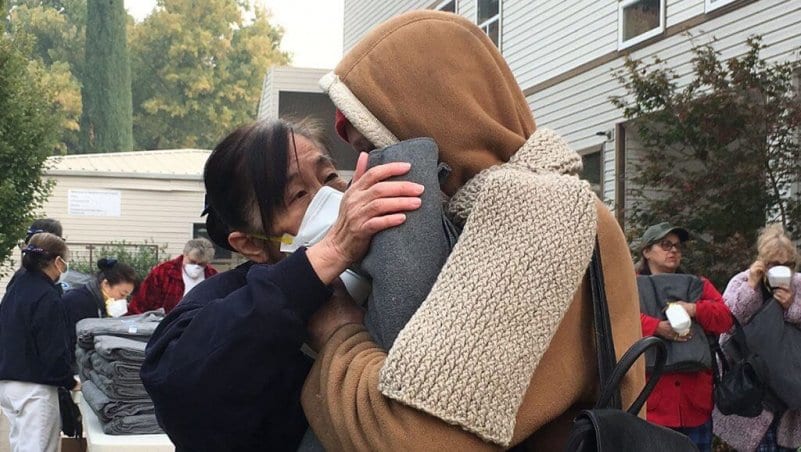
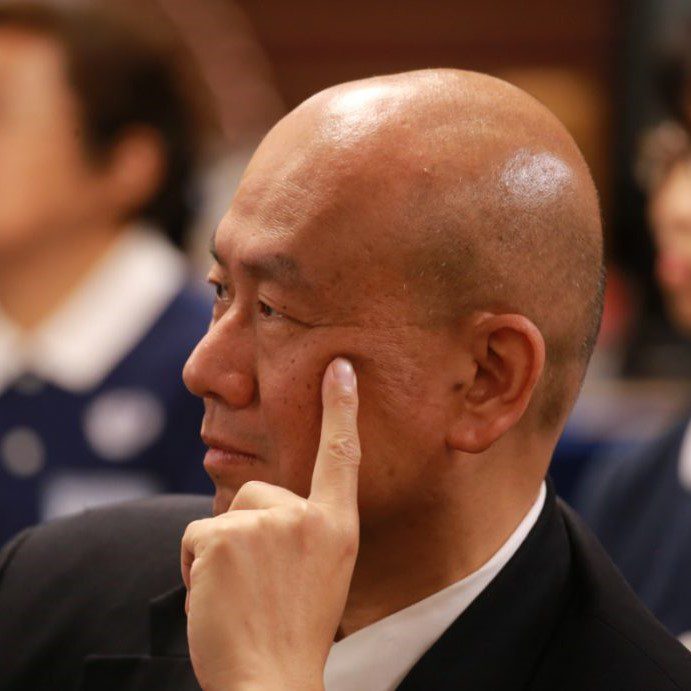
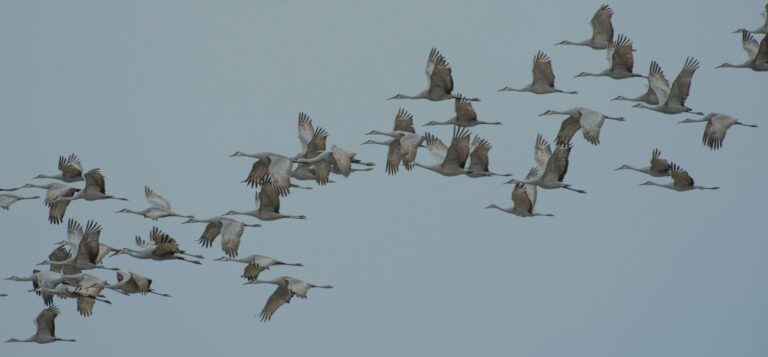





One Response
Love your website but however there is one constructive critique that I about this website is that the social wills that humanity is facing is also is due to capitalist-imperialism as well and if all of you don’t provide an analysis inorder to challenge boldy and through non-violent manner against this system that threating the lives of all sentient beings, all you are doing Buddhism a great diservice. Take this constructive criticism to heart, peace be with you always